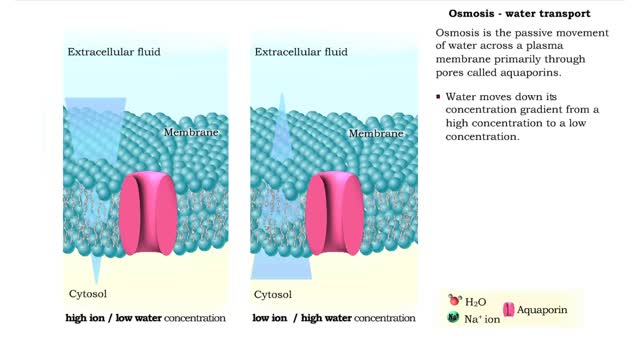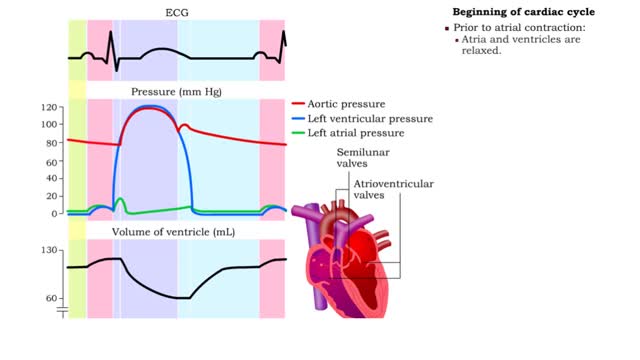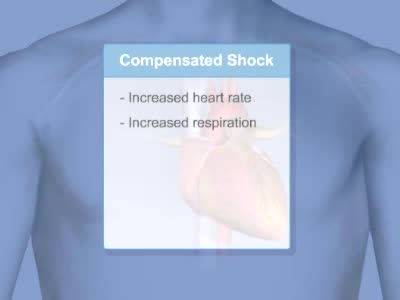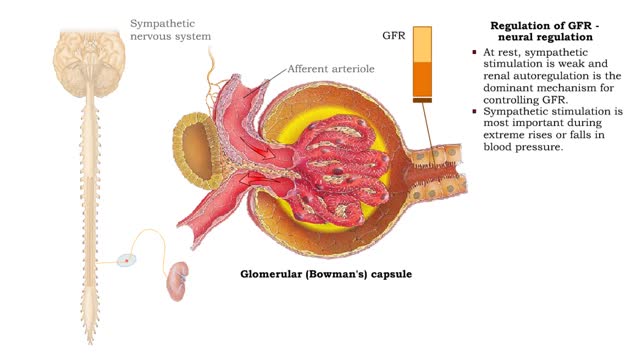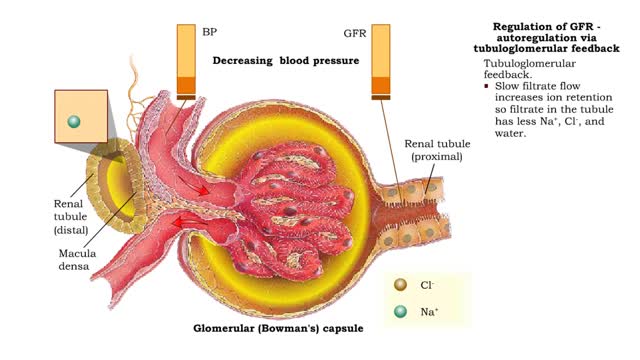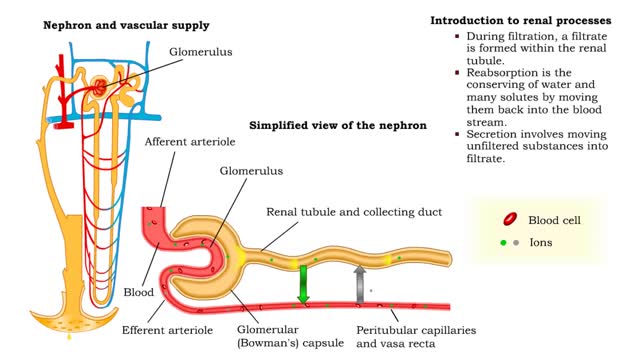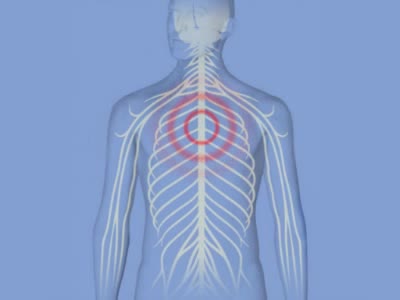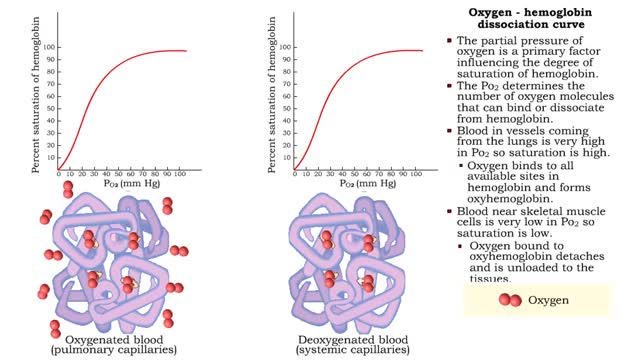Search Results
Results for: 'colloidal osmotic pressure'
By: HWC, Views: 10673
Osmosis is the flow of water down its concentration gradient, across a semi-permeable membrane. Osmosis is an example of diffusion, which is when molecules tend to distribute themselves evenly in a space. what is a semi-permeable membrane? It is a membrane or barrier that allows some molec...
Five phases of cardiac cycle & Atrial contraction
By: HWC, Views: 10600
1. Atrial contraction (atrial systole). 2. Isovolumetric (ventricular) contraction. 3. Ventricular ejection. 4. Isovolumetric (ventricular) relaxation. 5. Passive ventricular filling. Beginning of cardiac cycle • Prior to atrial contraction: • Atria and ventricles are relaxed....
By: Administrator, Views: 13227
Shock is a life-threatening condition in which delivery of oxygen to the organs is low, causing organ damage and sometimes death. Blood pressure is usually low.
Regulation of GFR: autoregulation via tubuloglomerular feedback, neural & hormonal regulation
By: HWC, Views: 11590
• When blood pressure is above normal, rapid filtrate flow reduces ion retention so filtrate in tubule has more Na+, C1-, and water. • It is believed that vasoconstricting chemicals from the juxtaglomerular cells are released when the macula densa cells detect higher water and ion levels in ...
Regulation of GFR: autoregulation via myogenic mechanism Myogenic mechanism
By: HWC, Views: 12086
• GFR can be regulated by adjusting: • Blood flow in and out of the glomerular capillaries. • Surface area of glomerular capillaries. • There are three main ways to make these adjustments: • Renal autoregulation. • Nervous regulation. • Renal autoregulation occurs when...
Introduction to filtration - filtrate formation and composition
By: HWC, Views: 10697
• At the nephron, the three process responsible for the formation of urine include: • Glomerular filtration. • Tubular reabsorption. • Tubular secretion. • During filtration, a filtrate is formed within the renal tubule. • Reabsorption is the conserving of water and many s...
By: Administrator, Views: 13547
Shock is a life-threatening condition in which delivery of oxygen to the organs is low, causing organ damage and sometimes death. Blood pressure is usually low.
By: Administrator, Views: 13691
Pre-eclampsia (PE) is a disorder of pregnancy characterized by the onset of high blood pressure and often a significant amount of protein in the urine. When it arises, the condition begins after 20 weeks of pregnancy. In severe disease there may be red blood cell breakdown, a low blood platelet c...
Oxygen - hemoglobin dissociation curve & Hemoglobin's affinity with oxygen - acidity
By: HWC, Views: 11141
• The partial pressure of oxygen is a primary factor influencing the degree of saturation of hemoglobin. • The Po2 determines the number of oxygen molecules that can bind or dissociate from hemoglobin. • Blood in vessels coming from the lungs is very high in Po2 so saturation is high. ...
Advertisement



